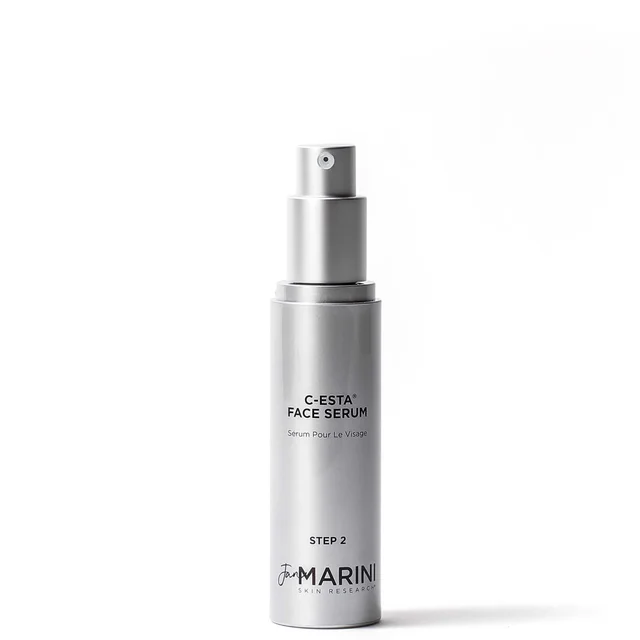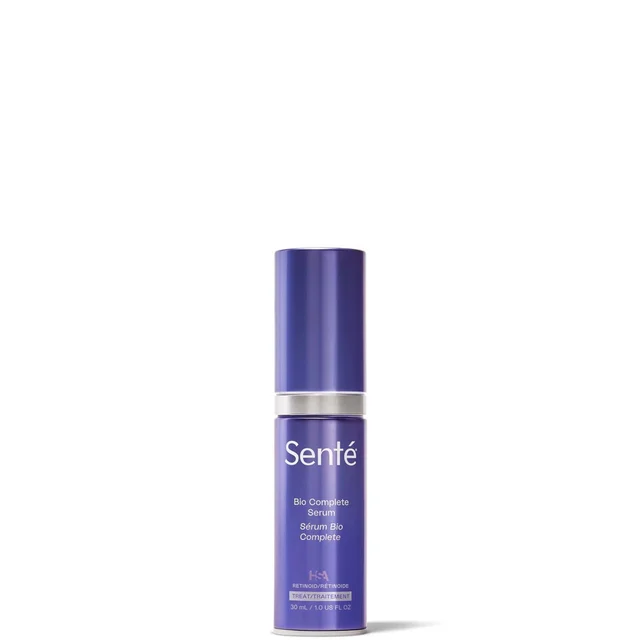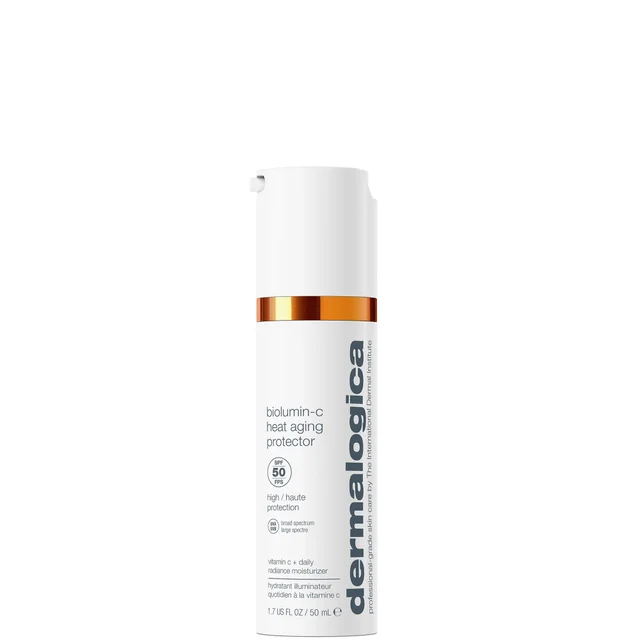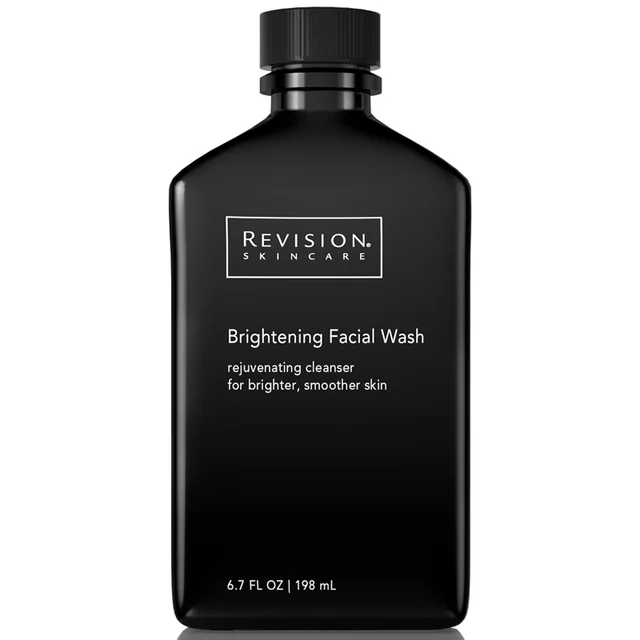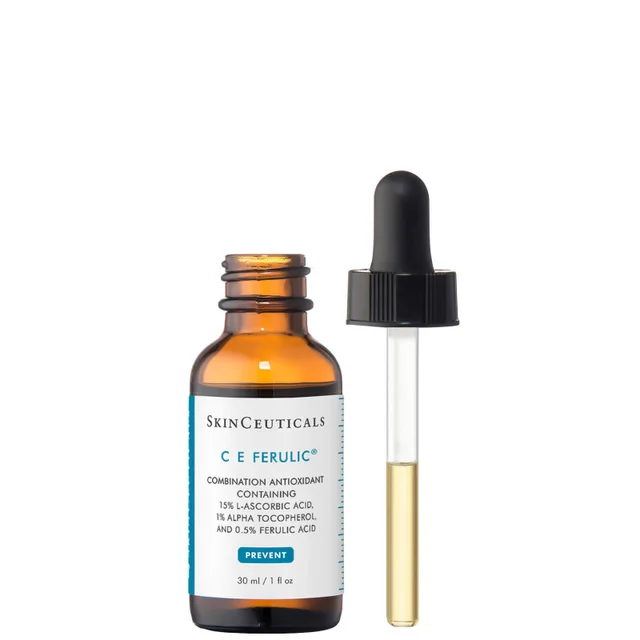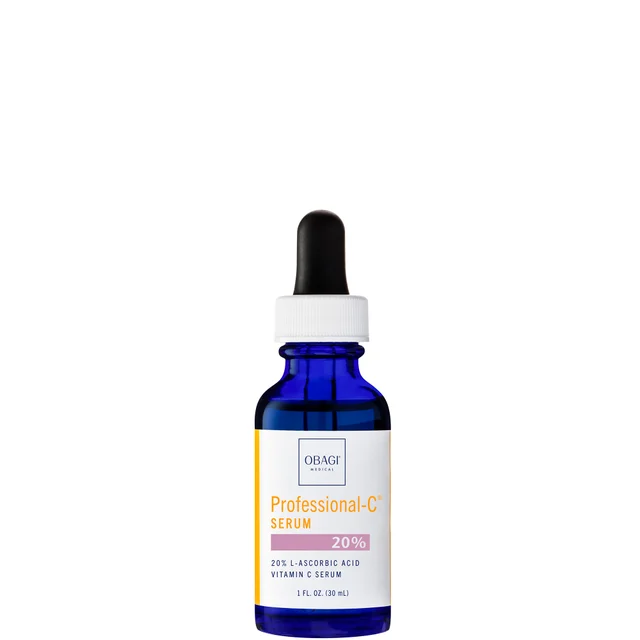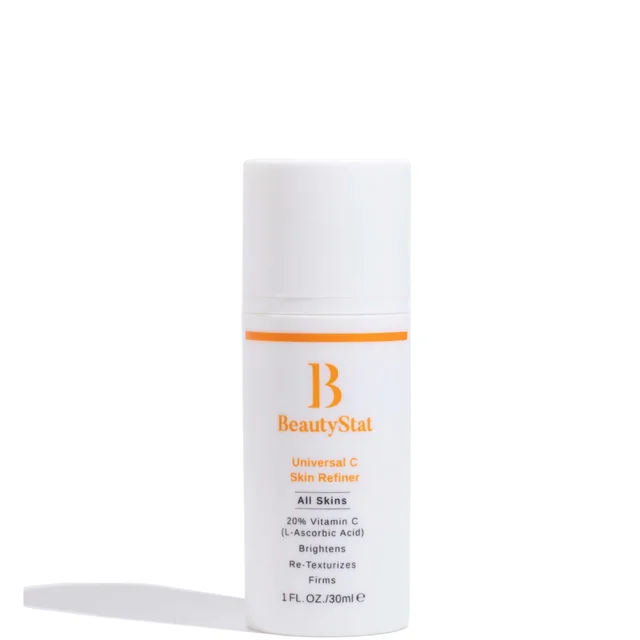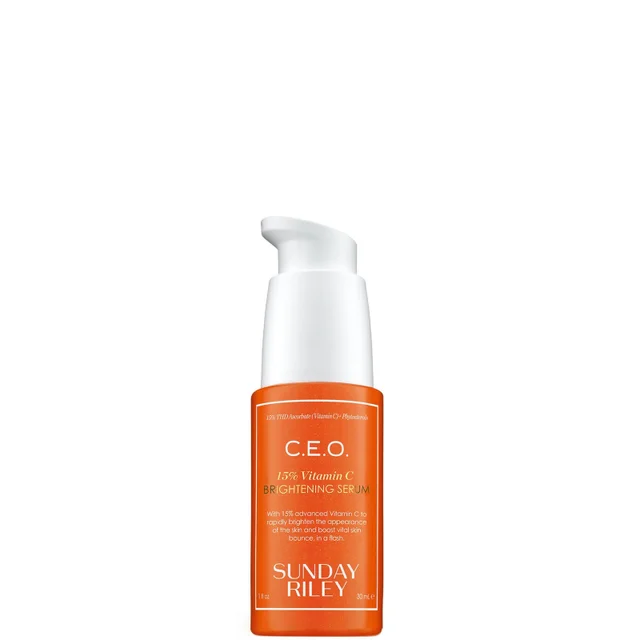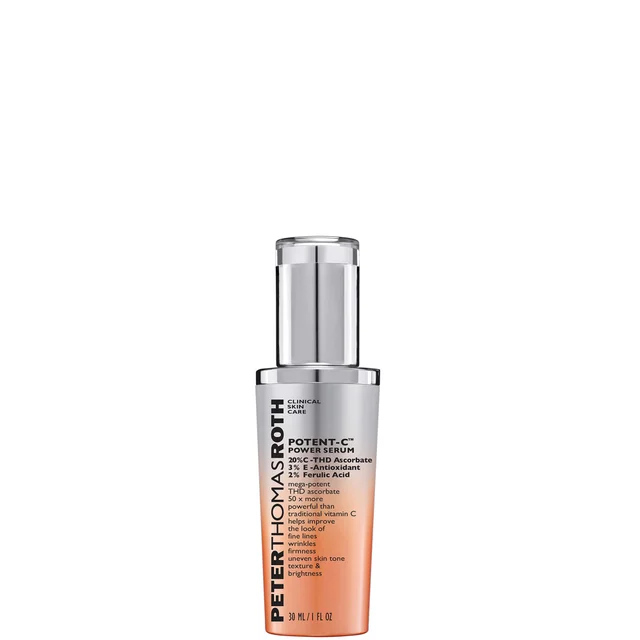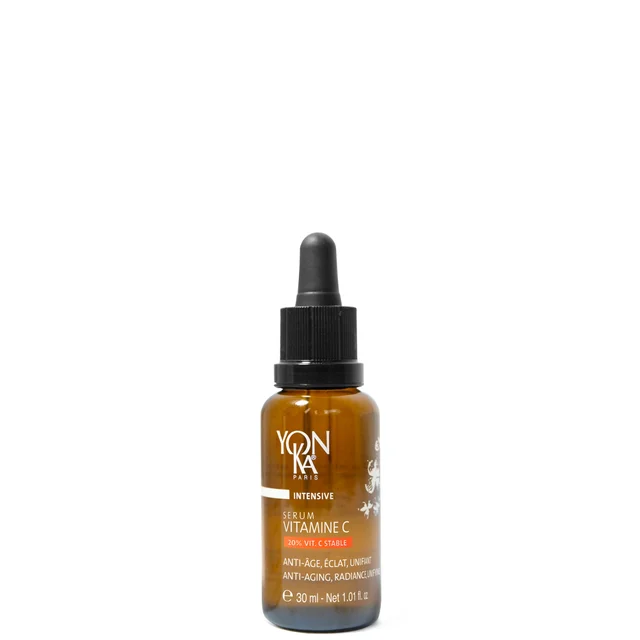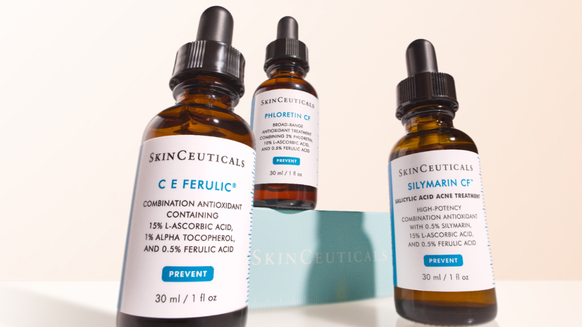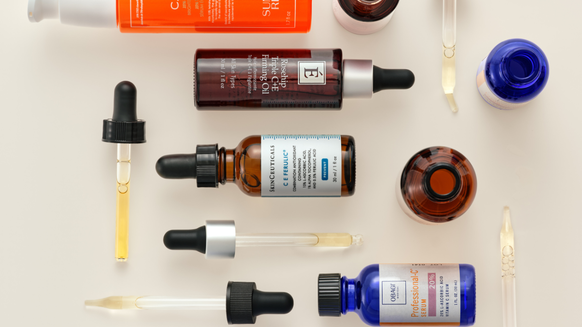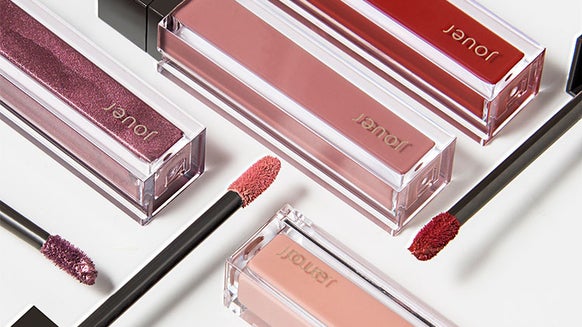The 12 Best Vitamin C Serums of 2025, Dermatologist-Recommended
Before the term anti-aging became a household vernacular and the worries of fine lines and wrinkles and stubborn spots and discoloration seemed decades away, the connection to vitamin C remained centered around citrus fruits like oranges. However, as the vitamin has earned more play time in recent years for its antioxidant capabilities, the powerhouse ingredient has become the status quo for fading dark spots, improving signs of hyperpigmentation for increased radiance, increased collagen and elastin production, and even making sunscreen more effective. In short, if there’s one product that deserves a spot in everyone’s skincare routine it’s a vitamin C one. With so many products on the market today, how can you know which are the best vitamin C serums? Navigating through the world of vitamin C can be tricky, especially since so many concentrations and forms of it exist, which is why we did the work for you. Consider this your ultimate guide to knowing everything about vitamin C so your skin can tap into all its benefits.
Meet the Experts
- Dr. Ashley Magovern - Board-certified dermatologist and member of Dermstore's Medical Advisory Board
- Dr. Connie Yang - Board-certified dermatologist and member of Dermstore's Medical Advisory Board
Our Top Picks
Best for Hyperpigmentation: Jan Marinin C-ESTA Face Serum Best for Dull Skin: Medik8 Super C Ferulic Serum Best for Sensitive Skin: Sente Bio Complete Serum Best with SPF: Dermalogica BioLumin-C Heat Aging Protector SPF 50 Best for Textured Skin: Revision Skincare Brightening Facial Wash Best for Sagging Skin: SkinCeuticals C E Ferulic Best for Oily Skin: Obagi Professional C Serum 20% Best Overall: Beautystat Universal C Skin Refiner Best for Glowy Skin: Allies of Skin 35% Vitamin C Perfecting Serum Best for Dry Skin: Sunday Riley CEO 15% Vitamin C Brightening Serum Best for Beginners: Peter Thomas Roth Potent-C Power Serum Best for Fine Lines: Yon-Ka Paris Skincare Serum Vitamine C
What is Vitamin C?
Vitamin C is a nutrient that everyone needs to live a healthy life, but its main role is to aid in the growth and repair of skin tissue. Since the body does not make vitamin C on its own, it needs to be supplied to the skin via diet, supplements, or skincare products. In the case of vitamin C skincare, the ingredient is often found in everything from cleansers to moisturizers and especially serums.
Several forms of vitamin C exist but the most powerful one that provides the most skin benefits is L-ascorbic acid. “Vitamin C comes in different forms,” Dr. Yang says, “and while L-Ascorbic acid is pure vitamin C, it’s the most bioavailable and easily absorbed by the skin. It has the strongest antioxidant power, but the downside is that it is easily oxidized and at high concentrations can be irritating.” Other types of vitamin C she says are found in topical skincare products include sodium ascorbyl phosphate, which has added antibacterial benefits, making it suitable for those with acne-prone skin, tetrahexyldecyl ascorbate, tolerated by even sensitive skin, and magnesium ascorbyl phosphate to decrease inflammation.
According to board-certified dermatologist Ashley Magovern, M.D., member of Dermstore's Medical Advisory Board, the powerful antioxidant helps protect the skin from environmental damage caused by free radicals, such as UV rays and pollution. “It also brightens the skin, evens out the tone, and helps stimulate collagen production, making it a favorite for both anti-aging and glow-boosting benefits.” Other benefits include increased hydration, fewer wrinkles and fine lines, anti-inflammatory benefits, enhanced UV protection, improved wound healing, and decreased skin redness.
All skin tones and types can reap the benefits of a good vitamin C serum and with so many to choose from, there’s no excuse with the vitamin doesn’t deserve a place in your daily skincare routine.
How to Incorporate Vitamin C into Your Skincare Routine
Adding vitamin C into your daily skincare routine isn’t complicated or hard. According to board-certified dermatologist Connie Yang, MD, apply vitamin C after cleansing your face before applying moisturizer and sunscreen. “You should always use it in the morning to work with sunscreen to protect the skin and fight off free radical damage while treating hyperpigmentation and evening out the skin tone.” She adds that daily use is best to maximize its benefits. “However, some more potent forms of vitamin C can be irritating, especially those about 15 to 20 percent. While most effective, L-ascorbic acid is also more irritating because of its lower pH.”
Shop the Best Vitamin C Serums
Best for Hyperpigmentation: Jan Marinin C-ESTA Face Serum
Give your skin in the brightening department while still protecting it from skin-damaging free radicals with this supercharged brightening serum. The anti-aging treatment works to smooth out the skin’s texture too, so it appears healthy, youthful, and fresh, and with continued use firmer.
Key ingredients: Vitamin C, DMAE, hyaluronic acid
Skin Type: All skin types
Skin Benefit(s): Reduces the appearance of fine lines and wrinkles, improves skin tone and texture, provides antioxidant protection, firms and tightens the skin for a more lifted look
Beauty Insider Tip: This vitamin C serum works well with glycolic acid and even prescription strength retinoids without compromising the skin.
Best for Dull Skin: Medik8 Super C Ferulic Serum
Sun damage and the natural aging process can affect the skin’s overall texture leaving it rough, dull, and dry. All that changes with this 30% stabilized vitamin C serum, which is clinically proven to improve the signs of sun-damaged and aging for a firmer, more youthful-looking complexion.
Key ingredients: Vitamin C, DMAE, hyaluronic acid
Skin Type: Mature
Skin Benefit(s): Reduces the appearance of fine lines and wrinkles, improves skin tone and texture, provides antioxidant protection, firms and tightens the skin for a more lifted look
Beauty Insider Tip: Always patch test the skin first before applying it everywhere.
Best for Sensitive Skin: Sente Bio Complete Serum
Vitamin C gets a boost of regenerative powers in this serum, which features retinol for a one-two punch. Layer this serum on at night to help smooth away fine lines and wrinkles and restore softness and smoothness to the skin while also brightening and balancing the skin with zero irritation.
Key ingredients: Heparan sulfate analog, retinol, vitamin C, peptides
Skin Type: All skin types
Skin Benefit(s): Minimizes the appearance of fine lines and wrinkles, improves the skin's tone and texture
Beauty Insider Tip: This retinoid-meets-vitamin C combination is gentle enough for even sensitive skin and first-time retinol users.
Best with SPF: Dermalogica BioLumin-C Heat Aging Protector SPF 50
Pairing vitamin C with sunscreen helps to further defend the skin against sun-induced damage and aging. This vitamin C-enriched sunscreen brightens discoloration and hyperpigmentation while providing a layer of defense against free radical and sun damage so that the skin appears more evenly toned and with a smoother texture.
Key ingredients: Avobenzone, homosalate, octisalate, octocrylene, orange peel oil, glycerin
Skin Type: Dry, Aging
Skin Benefit(s): Immediately brightens, hydrates, and soothes skin, helps defend against heat aging, improves the skin’s texture and tone, protects against UV rays to prevent early skin aging
Beauty Insider Tip: Make sure to always apply this sunscreen to the skin at least 15 minutes before going out in the sun
Best for Textured Skin: Revision Skincare Brightening Facial Wash
Brighten the skin while you cleanse it with this gentle daily exfoliator. Formulated with alpha and beta hydroxy acids to whisk away dead skin cells, this super-rich facial cleanser removes every last trace of dirt, oil, and makeup to leave the skin clean and hydrated.
Key ingredients: Salicylic acid, glycolic acid, sucrose laurate, vitamins C and E, licorice, lily extract
Skin Type: Oily, Normal, Combination, Mature
Skin Benefit(s): Brightens the skin for a boost of radiance, exfoliates dead surface cells for softer, smoother skin, provides antioxidant benefits, cleanses the skin without stripping it of its natural moisture content
Beauty Insider Tip: If you are new to using skincare products with acids, start off by using this cleanser only once per day until the skin acclimates, then you can increase to twice daily.
Best for Sagging Skin: SkinCeuticals C E Ferulic
Kiss saggy skin goodbye with this vitamin C and E powered firming serum, a must-have for mature skin and those who want to nip signs of aging in the bud. This cult-classic formula tackles all the common signs of aging, including fine lines, wrinkles, discoloration, and pigmentation in all skin tones, leaving the skin stronger and tauter by blocking free radical damage with regular use.
Key ingredients: Vitamins C and E, ferulic acid
Skin Type: Normal, Dry, Sensitive
Skin Benefit(s): Reduces free radical, sun, and environmental damage, corrects common signs of aging, remains effective for 72 hours
Beauty Insider Tip: The serum is safe enough to use post-laser
Best for Oily Skin: Obagi Professional C Serum 20%
This best-selling vitamin C serum is the one to reach for when brightening the skin and reducing the look of dark spots sits high on your wish list. Quick to absorb and never greasy feeling, the supercharged serum gives the skin a hydrated glow and a youthful appearance.
Key ingredients: L-ascorbic acid
Skin Type: Normal, Oily, Combination
Skin Benefit(s): Improves the skin tone, helps to hydrate, combats oxidative stress, minimizes the look of lines and wrinkles
Beauty Insider Tip: To keep the serum efficacious, always store it in a cool, dark place after opening.
Best Overall: Beautystat Universal C Skin Refiner
From famed cosmetic chemist, Ron Robinson, comes this power-packed vitamin C serum that brightens the skin while providing serious anti-aging benefits. Counting peptides and hyaluronic as key ingredients, this dermatologist-tested, dual-action formula, which is suitable for use on all skin types and tones, delivers skin firming and smoothing benefits while simultaneously lightening dark spots and giving the skin a plumping effect for dramatically brighter, plumper, and firmer looking skin.
Key ingredients: Vitamin C, peptides, tartaric acid, green tea
Skin Type: All skin types
Skin Benefit(s): Gently tightens, firms skin, reduces the look of fine lines and wrinkles and shrinks large pores, softly exfoliates to reveal smoother skin, inhibits overproduction of pigmentation to fade dark spots and brighten complexion, provides powerful antioxidant protection to prevent free radical damage
Beauty Insider Tip: The matte velvet finish gives this creamy serum a makeup-priming effect making it good to wear underneath it.
Best for Glowy Skin: Allies of Skin 35% Vitamin C Perfecting Serum
The world’s first waterless vitamin C serum for long-lasting potency, this oil-free version is packed with a whopping 35% of the antioxidant ingredient for dramatic results. This next generation formula works to strengthen the skin while brightening and firming it for a natural-looking plumpness and lit-from-within glow.
Key ingredients: Vitamin C, superoxide dismutase, glutathione
Skin Type: All skin types
Skin Benefit(s): Brightens and firms the skin while providing antioxidant protection
Beauty Insider Tip: For the best results, always apply the serum to damp skin as opposed to dry skin.
Best for Dry Skin: Sunday Riley CEO 15% Vitamin C Brightening Serum
Fight the look of dark spots, dullness, and discoloration while infusing the skin with moisture and antioxidant protection for a more youthful complexion that’s firm, plump, and bouncy. This sophisticated vitamin C serum quickly absorbs into the skin while imparting a natural radiance and reinforcing the skin’s moisture barrier for a youthful, boosted glow.
Key ingredients: Vitamin C, phytosterols complex, saccharide isomerate extract, glycolic acid
Skin Type: All skin types
Skin Benefit(s): Helps fight the signs of aging, improves skin firmness, reduces the look of dark spots and redness, minimizes the appearance of enlarged pores, reinforces the skin’s moisture barrier for improved texture, refines the skin
Beauty Insider Tip: For an additional boost, mix a few drops of the serum with face oil and apply to the skin.
Best for Beginners: Peter Thomas Roth Potent-C Power Serum
Thanks to its ultra-stable, scientifically based formula, this serum is 50 times more powerful than traditional vitamin C for stellar results. Vitamin E and ferulic acid are also part of the mix which help to firm and brighten the skin while minimizing the look of lines and wrinkles. Plus, with its hydrating effect, this fragrance-free serum never leaves the skin dry, irritated, or red.
Key ingredients: THD ascorbate, ferulic acid, vitamin E
Skin Type: All skin types
Skin Benefit(s): Firms and lifts the skin while brightening it, improves the appearance of fine lines, wrinkles, and uneven skin tone
Beauty Insider Tip: Apply the serum to the face, under eyes, neck and chest or anywhere else where dull, discolored skin and wrinkles appear.
Best for Fine Lines: Yonka Serum Vitamine C
Packed with an all-natural version of 20% stabilized vitamin C for maximum efficacy, this clean serum defends against environmental damage while improving collagen production. The result: firmer skin, a more uniform skin tone, and a natural radiance that will have everyone wondering what you are using.
Key ingredients: Native Curcuma longa plant cells, pomegranate plant cells, organic apricot oil, Yon-Ka Quintessence
Skin Type: All skin types
Skin Benefit(s): Delivers a potent anti-aging effect to smooth wrinkles and restore skins' firmness, promotes radiance and color uniformity
Beauty Insider Tip: Unlike other Vitamin C serums, C20 may be applied during sun exposure, since it intensifies UV protection.
Ingredients to Pair with Vitamin C Serums
To make the most of your vitamin C serum, there are a few key skincare ingredients you’ll want to pair it with to boost its efficacy and the results. Dr. Magovern recommends using vitamin C with sunscreen to help neutralize free radicals to enhance protection against UV-induced damage. “While vitamin C doesn’t replace sunscreen, using the two together provides even better protection against sun damage than either one alone.” Vitamin C also pairs well with retinol and niacinamide, the latter which Dr. Yang says it is a great combination for combating uneven skin tone.
FAQs
Are Vitamin C Serums Good for All Skin Types?
Vitamin C works for all skin types and should be used by all. However, Dr. Yang say that choosing the right form of vitamin C is important. “Some forms are more irritating than others.” Dr. Magovern adds that those with sensitive skin should start slowly or look for gentler formulations, like magnesium ascorbyl phosphate or THD ascorbate instead of L-ascorbic acid. “It may tingle slightly at first—that’s normal—but if irritation persists, it’s best to opt for a lower concentration or a different formula.”
Which is Better, Vitamin C or Niacinamide?
Both vitamin C and niacinamide are effective for improving the skin’s tone and overall health, but the way each works is different. It’s not that one is better, but choosing between vitamin C vs. niacinamide comes down to what you expect from the ingredient and your ultimate skin goals. Choose vitamin C if you are looking for antioxidant protection, collagen production, a brightening effect, and a reduction in fine lines and wrinkles. On the other hand, niacinamide may be better if you want to target redness and inflammation, strengthen the skin’s barrier function, and improve pore size and pigmentation.
Can Using a Vitamin C Serum Affect Acne?
While some people with acneic skin may see some improvement with their acne from vitamin C, Dr. Magovern explains that the vitamin’s anti-inflammatory properties can calm breakouts, and it can help fade post-acne pigmentation over time. “Just be cautious with very high concentrations (15% or more) if your skin is inflamed and always patch test if you’re prone to sensitivity.”
The Bottom Line
Vitamin C deserves a spot in everyone’s skincare routine thanks to its multitude of benefits. “Vitamin C is amazing for brightening the skin and fading dark spots,” Dr. Yang says. “It’s also great for those with melasma or post acne dark spots, and it can boost collagen to help with fine lines and elasticity. Most importantly, it helps neutralize free radicals from environmental stressors including UV damage.” No matter what purpose you hope vitamin C serves, chances are it will do it and majorly improve your skin.

Elise Minton Tabin is an award-winning beauty journalist, editor, and beauty expert with more than 16 years of experience. She previously held the title of Executive Beauty Editor at NewBeauty magazine, where she reported on beauty, plastic surgery, anti-aging, health and wellness. She was also instrumental in the launch of the beauty supplement brand Hush & Hush. A self-professed beauty junkie and retinol and sunscreen pusher, Elise knows what’s new, what works and who’s the best to go for every procedure under the sun. Follow Elise on Facebook, Instagram, and on her beauty blog, elisetabin.com
